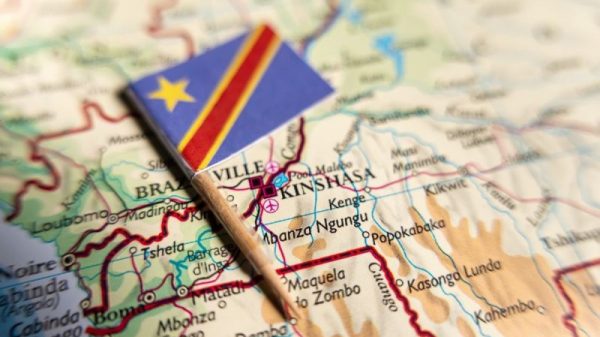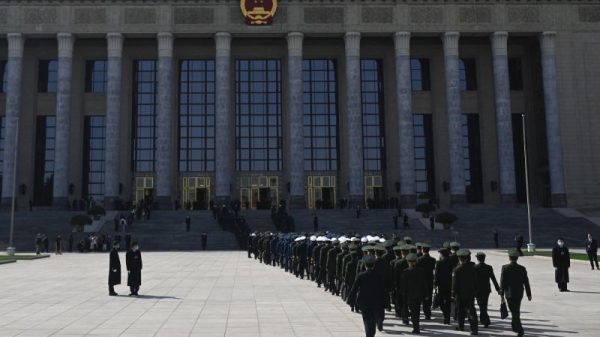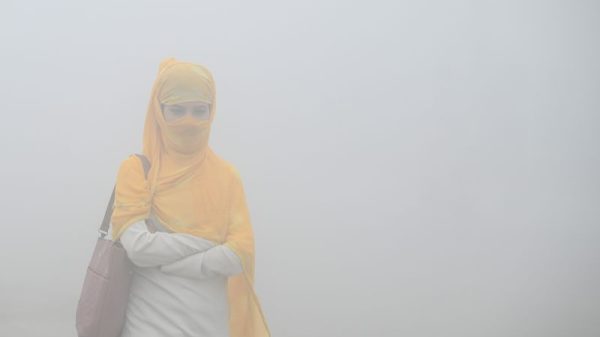In the heart of the American political landscape, a tumultuous event unfolded recently encapsulating the tension between GOP operatives and religious organizations. The setting of the narrative is a nondescript monastery tucked away in a corner of the United States. Accusations of voter fraud were swiftly deployed against it by a powerful GOP operative, leading to a wave of controversy and a robust response from the nuns residing in the monastery.
The GOP operative, whose name is being withheld due to privacy regulations, has been on the front lines of a campaign addressing potential voter frauds within the US electoral system. The operative has been notable for rigorously investigating voter rolls and polling practices, especially in closely contested regions. However, his allegations against this particular monastery raise new questions about the scope, intent, and ultimate effects of such investigative efforts in the country’s politically charged environment.
The accusations were twofold: Firstly, the operative alleged that the monastery, given its unique communal living arrangements, was a hotbed of unlawful voting practices. He claimed that these practices involved voting on behalf of individuals who were either deceased or incapacitated. The second accusation revolved around the allegation that the nuns influenced the votes of their members, thereby violating the principle of secret balloting, which ensures that voters cast their vote without fear or coercion.
Once these allegations became public, the monastery, understandably shocked and pained, navigated the best course of response. A plethora of meetings were conducted within the monastery’s serene walls to discuss this audacious allegation. The nuns resolved to defend their reputation by challenging the baseless accusations levelled against them.
In the face of adversity, the nuns adopted an aggressive strategy by rejuvenating and strengthening their legal team while publicly proclaiming innocence. Their principal argument hinged on the monastic vows taken by every sister, emphasizing obedience, stability, and conversion of life. These vows, they argued, bred an environment of respect for laws, both divine and human, thus making it implausible that they would engage in any fraudulent activities. They also highlighted the monastery’s practice of facilitated voting, ensuring that all sisters regardless of age or health, had the opportunity to vote according to their conscience.
To further defend their cause, the nuns dug into their rigorous record-keeping practice, a characteristic of the monastic way of life. They unveiled their meticulous documents involving votary registrations, transportation logistics, provisions for ballot secrecy and stringent ballot-tracking systems to convincingly dismantle every lie propagated by the operative.
The monastery’s case is ongoing, yet it has already become an indelible part of the narrative of the struggle between voting rights and allegations of voter fraud. A microcosm of the larger national discourse on voter fraud, this incident serves as a significant reminder of the importance of transparency, fairness, and the sanctity of the voting process. Not to forget, it’s a testament to the nuns’ resilience, defending their integrity and demonstrating the power of truth against baseless accusations.

































